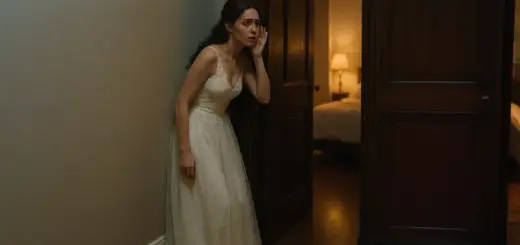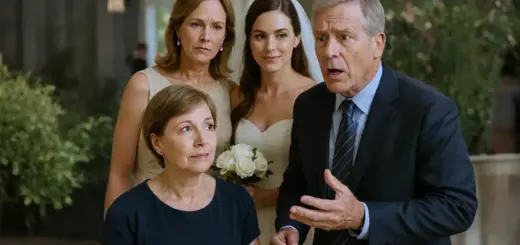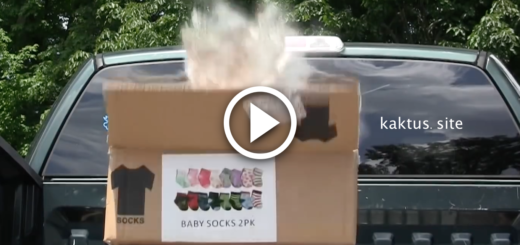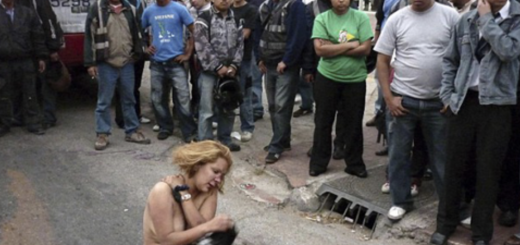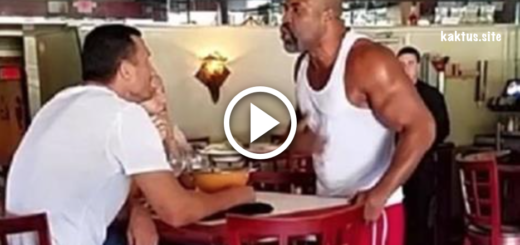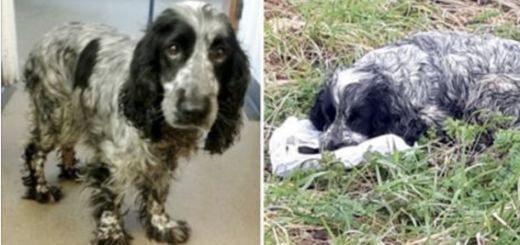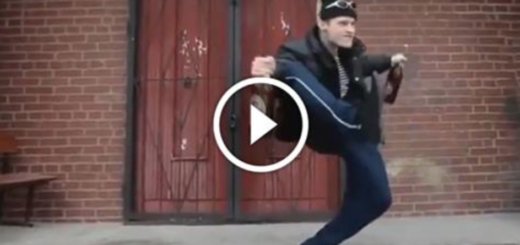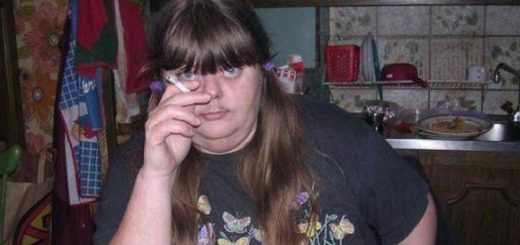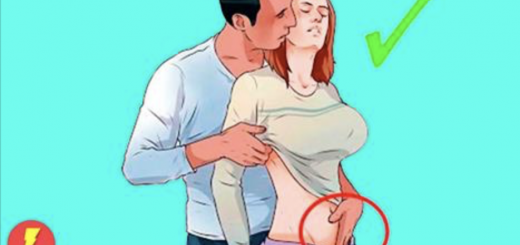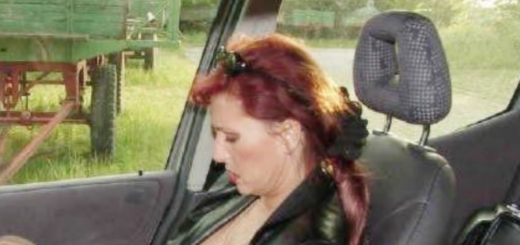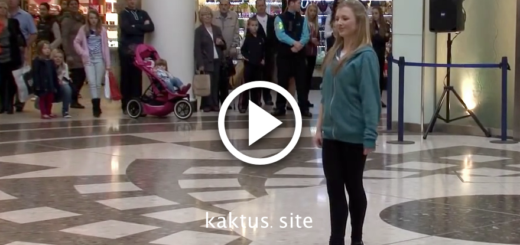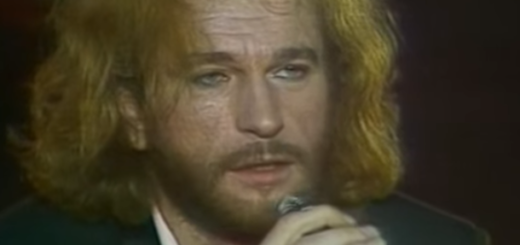Andrew was already there, leaning against the railing with a glass of something amber and half-finished. He didn’t look like a man who’d just said “I do.” He looked like a man realizing what he’d done.
“I didn’t think you’d come,” he said without turning.
“You asked?” I replied.
He nodded slowly. “Didn’t mean you’d say yes.” I finally stepped closer. He looked older than I remembered, not in his face but in his stance. More tired. Less armored.
“You want to talk about Helmand?” I asked.
He turned to face me. “You saved my life.”
“That’s old news.”
“Not to me.” A pause stretched between us, the kind that’s neither comfortable nor hostile. Just full. “She doesn’t know, does she?” I asked.
He shook his head. “I never told Haley about the minefield, about what you did. I knew she’d twist it, turn it into some fable about how her husband nearly died serving and she stood by him. She weaponizes stories. Yours deserved better.”
I didn’t answer. He looked away again, down at the street. “I followed your career. Quietly. Every promotion. Every speech. I clipped the article when you got the second star. No one knew.”
“Why?”
“Because I owed you. And because I respected you more than anyone I’d ever met.”
I took a slow breath. “Then why marry her?”
He was quiet for a long time. Then, “Because she was easy. Because the Coles offered a kind of life that felt clean, ordered. I was tired of almost dying. I wanted safe.”
“She’s not safe. She’s strategy.”
He laughed softly. “Yeah. I figured that out about a week after the engagement.” I watched him for a moment. “You know she sent in the tip, right? The one that stalled my first star.”
He closed his eyes. “I always suspected. But I didn’t want to be sure.”
“I am.” He gripped the railing harder, his knuckles whitening.
“I stood up last night,” he said, “because if I didn’t, I’d become one of them.” He looked at me then, really looked. And for a moment, I saw the man I pulled out of the dirt. Not broken, but burdened.
I didn’t say thank you. I just said, “Don’t ever let my name protect yours again.”
They tried to define me in whispers. I decided to speak loud enough to echo. Reagan National always smelled like coffee and hurry. Rolling wheels, gate calls, the hum of strangers trying to be somewhere else. I liked airports. They didn’t ask questions, just checked IDs and moved on. I was twenty minutes early for my flight, dressed in civilian clothes, hair loose, duffel slung over one shoulder. I had no intention of being seen. I should have known better.
I was halfway to the TSA checkpoint when the first flash went off. Then another. Then came the voices—sharp, overlapping, unavoidable.
“General Cole, can we get a comment on the wedding incident?”
“Ma’am, were you aware the bride would make that statement?”
“Is it true the groom served under your command?”
I paused, just for a breath. That’s all they needed. Suddenly, I was surrounded, a loose semicircle of microphones, smartphones, and two eager faces trying to balance curiosity with respect. A security officer stepped forward, but I raised a hand. Not now. Not yet.
I spotted a podium off to the side, one of those flimsy setups near the flag and outdated tourism brochures. I walked toward it. No one followed at first, as if unsure whether I was about to speak or explode. When I turned to face them, they quieted almost instantly.
“I know why you’re here,” I began. “And I know what you want. A quote, a reaction, a headline. Something sharp enough to slice, soft enough to sell.”
They waited. I met their gazes one by one. “I’m not my family’s failure,” I said, my voice even. “I am their silence made visible.”
The room shifted. The press blinked. No one was typing, yet. They were listening. “For years,” I continued, “I served my country while being written out of my own story. I wore a uniform while being told I stained the family name. I earned my rank in blood, not approval.”
Someone whispered, “Damn.”
I reached into my jacket and pulled out a single sheet, the mission brief still warm from this morning’s printer. “As of today,” I said, “I’m launching the Resilience Foundation. It’s a support network and legal resource for military personnel whose careers have been damaged by personal betrayal—by family, spouses, even friends. Because sometimes the deepest wounds come from those who claim to love us.”
A beat of silence. A ripple of cameras clicking again.
“This isn’t about revenge,” I said. “It’s about visibility. If you’ve been erased, sidelined, gaslit, disowned—we see you. You still serve. You still matter.”
The first hand went up, a reporter near the back. I nodded. “General, are you saying your family sabotaged your career?”
I gave the smallest shrug. “You’re welcome to connect your own dots. I’ve already connected mine.”
More murmurs. More notes scribbled. But still no chaos. Just gravity. A young cadet—couldn’t have been more than nineteen—stepped forward from the edge of the crowd. His uniform was crisp, his face nervous. He stood at attention. He saluted. I returned it. No words passed between us. They weren’t needed.
I turned to walk toward the gate. My phone vibrated in my pocket. One message, bold letters across the top: PENTAGON. We need to talk.
They wanted me quiet. They never imagined I’d become policy. The Pentagon briefing room was colder than I remembered, not in temperature, but in spirit. Carpeted in navy blue, lined with polished wood and the glint of American emblems, it was a room where decisions were made in tight language and tighter smiles, where power didn’t need to raise its voice because it already echoed in every corner.
I stood behind a steel lectern, hands resting lightly on either side, breath even. The presentation screen behind me glowed with a simple title: The Resilience Protection Protocol. Rows of brass and suits filled the seats before me: generals, policy advisors, civilian analysts. And at the end of the first row, a man with silver bars and a skeptical frown, Admiral Kirchner. The kind of man who still said, “she’s emotional” when a woman raised her voice but called a male officer “passionate” for doing the same.
I began. “This protocol addresses an unspoken fracture in our chain of command. Officers and enlisted personnel who experience personal betrayal by spouses, family, or internal networks often suffer in silence. Careers stall. Reputations tarnish. The system shrugs. We lose soldiers not to battle, but to betrayal.”
Slide one: retention data. Slide two: internal complaints never escalated. Slide three: suicidality trends tied to character defamation.
“Currently, our response is reactive at best. My proposal is a three-tier protection protocol: legal representation, psychological support, and career shielding, all initiated immediately upon verified breach.”
There were murmurs now, mostly from the civilian liaisons nodding, taking notes. The brass kept their arms crossed. One hand rose. Admiral Kirchner.
“With respect, General Cole,” he said, “this sounds more personal than structural.”
I smiled slightly. Not cold. Just exact. “All policy is personal, Admiral,” I said. “Or it’s propaganda.”
The room stilled. I let the silence work for me, not as a weapon, but as gravity. I didn’t rush to fill it. I didn’t need to. “We have protocols for battlefield trauma. For combat loss. But what about betrayal from those we’re told are safe? When your mother leaks your record? When your sister anonymously destroys your clearance? When a spouse trades your trust for attention? These are not tabloid issues. These are operational threats.”
A younger colonel near the back tapped furiously on his tablet. A civilian analyst leaned forward, nodding. Kirchner didn’t speak again. I closed the presentation with a single sentence. “We train our people to survive war. It’s time we teach the institution to defend them from peace.”
Then I stepped back. The room didn’t erupt. It didn’t clap. That’s not how power rooms work. But the Undersecretary of Defense leaned in, folded his hands on the table, and said evenly, “We’ll fund it.”
That was enough. That was everything.
They used to say I was the disgrace of the Cole family. So I left the name behind but kept the lessons. The front yard was in full bloom—daffodils edging the walkway, hydrangeas bursting like they had something to prove. It was the same as I remembered. And yet. Smaller. Less imposing. The lawn had always been Barbara’s pride, a manicured metaphor for order, for control. I stood at the edge of it, watching the curtains shift from the living room window. She’d seen me coming.
When she opened the door, Barbara didn’t wear her pearls. No lipstick. Just a pale cardigan and a blouse with buttons that didn’t quite match. Her hair was thinner now, pulled back into something that tried to be a bun but didn’t hold. She tried to smile. I didn’t.
“Come in,” she said. Her voice had lost its sharpness. Age, or memory, or maybe just the effort of keeping so many lies straight.
The house smelled of lemon polish, like always. But underneath it was something else, a hollowness, like the walls had stopped trying to hold secrets. We didn’t go far, just the front room. Two chairs. No tea. No pretense. Barbara sat first. I stayed standing until I was sure I wanted to be here. She folded her hands in her lap and looked up at me like she was afraid I might dissolve before her.
“I didn’t know how to protect you without erasing you,” she said finally. “You were… loud. In a world that punished loud women.”
“I wasn’t loud,” I replied. “I was visible. There’s a difference.”
She looked down. Her fingers trembled slightly, betraying the stillness she worked so hard to project. “I thought if we distanced you,” she continued, “people would forget. The scandal would fade. You could still have a life somewhere else.”
“You didn’t erase me,” I said. “You just made me unforgettable.”
There was a pause, long enough to stretch between us like a canyon. Then, a soft creak from the stairs. Haley. She stood halfway down, barefoot, a robe tied loosely around her waist. Her eyes met mine. She didn’t say anything. Neither did I.
Barbara noticed. “She hasn’t been the same since… since the wedding.”
“She never had to be anything,” I said. “She got to just exist. I had to survive.”
Barbara swallowed hard. “Is there anything I can do now?”
“Yes,” I said. “Don’t rewrite my story after I’m gone.” She blinked. “If someone asks why I don’t come home, don’t tell them I was distant. If they ask what happened, don’t say it was complicated. Tell them you made a choice. And so did I.”
Barbara reached for something—maybe a hand, maybe a past version of me. But I was already standing. “I have a flight,” I said.
Haley didn’t move. Her grip on the banister was the only thing steady. I walked to the door. My boots didn’t echo like they used to on this floor. Funny what time erases and what it refuses to touch. I left without hugging her. But I didn’t slam the door. That, too, was a choice.

